Ernesto J. Fernandez
AP, LMHC
INTEGRATING CLINICAL DISCIPLINES:
Oriental Medicine
Physical Medicine
Functional Medicine
Functional Neurology
Psychotherapy
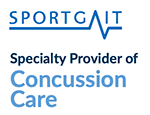
Uncover and treat “The Causes” not the symptoms!
Do You Suffer From Chronic Physical Or Mental Health Problems?
Have you been labeled with:
PTSD
Panic Disorder
Depression
Cognitive Impairment
Chronic Pain
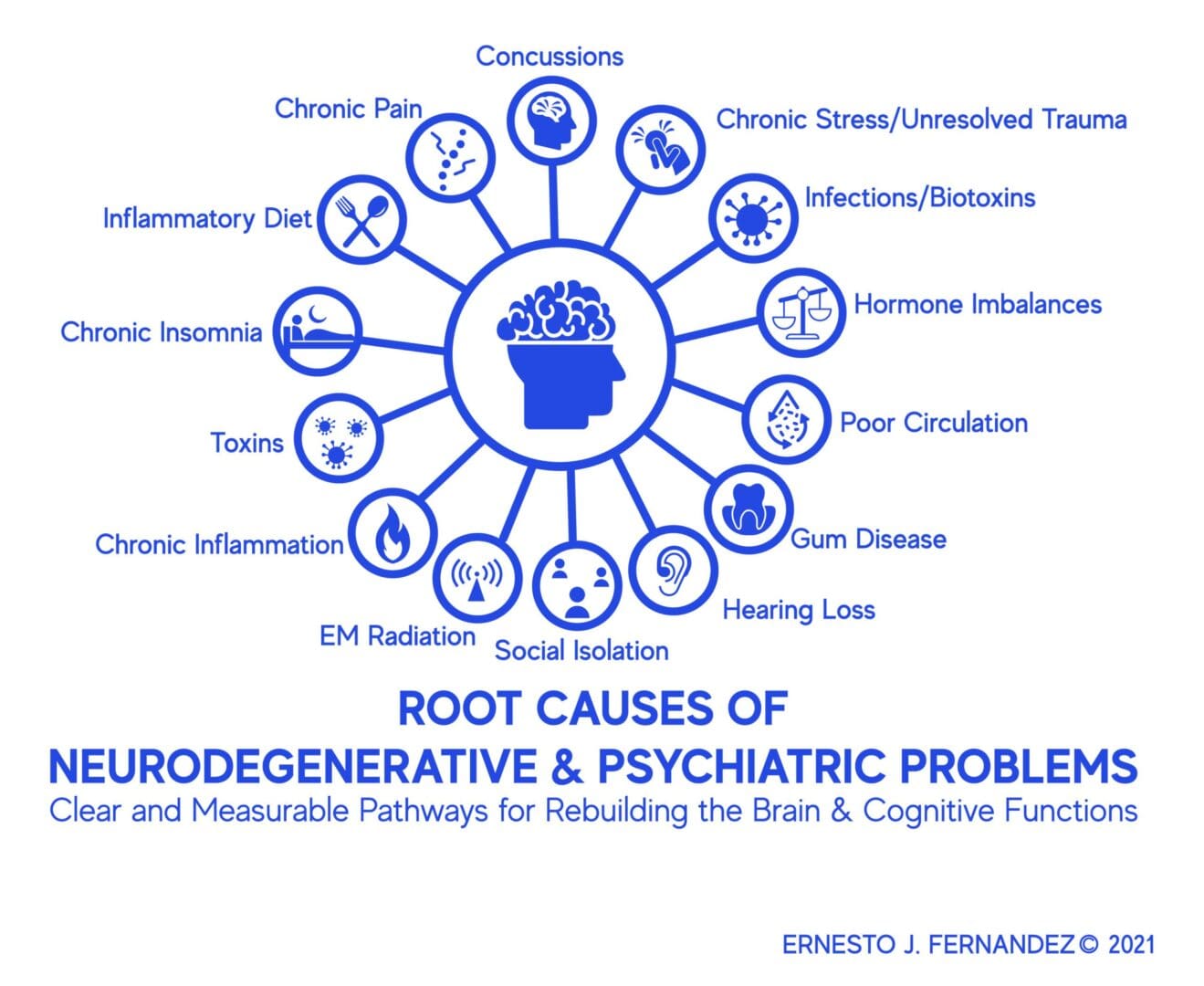
Discover The
3 BIG Truths
About The Body And Mind
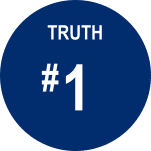
Chronic physical and mental health problems don’t just appear out of nowhere.
They are often the result of multiple contributing factors working together to generate illness and pain and prevent the body from healing.
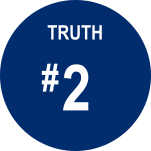
Chronic mental health problems are seldom just a mental phenomenon.
The body affects how you feel emotionally and your thoughts and perceptions influence how your body feels. Excessive stress and an inability to direct attention away from mental/emotional distress contributes to physical inflammation, organ and glandular dysfunctions, as well as neurodegeneration. There are multiple major physical contributors to mental health issues.
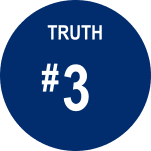
The body can be very forgiving and capable of remarkable self-repair and regeneration.
When the contributing factors to illness and injury are systematically reduced, eliminated, or removed and when the body and mind are given the necessary nourishment, support, stimulation, and assistance.
You may not know that all 3 of these statements are true for you, but if you are willing to explore this and find out for yourself. I’m here to guide you through the process!
By combining a proven 5000-year process and modern techniques, we work together to engage your body’s inborn healing capacity by redirecting your body’s effort, energy, and attention away from what drains your vitality and peace of mind and directing it towards an achievable healing result. By becoming a healthier, stronger, and more effective version of yourself.
The goal is to go beyond symptom relief. Focusing on increasing physical and mental function and resilience and achieving long-term well-being and vitality are my goals.

For Your Discovery Session Call 941-923-0283 to Schedule
When you are ready to positively change the trajectory of your health, we can have a brief Discovery Meeting to see if I can be of help to you and if we are a good fit for working together.
How We Accomplish Your Health Goals!
A comprehensive integration plan is developed just for you. Your program includes an evidence-based assessments, diagnostics, and therapies. This plan is precisely the approach you have been seeking.
Instead of focusing on symptoms or diagnoses, my focus and attention are given to the underlying causes of your health challenges. The following are essential clinical questions:
What are the contributing factors to your problems?
What is keeping your body from healing?
What is fueling your problems?
What are your body's priorities for restoring optimal health?
In what order can your body accept interventions to achieve optimal results and prevent relapse and recurrence of symptoms?
Accessing all these underlying causes of illness involves factoring in your whole personal story and history:
The physical imbalances, emotional stress, family genetics, past injuries, belief systems, personal, family, and work relationships, work or school stress, energy systems, and environmental influences that have impacted and are affecting your body, mind and quality of life.
Latest Video Testimonial
Let me thank you for all the assistance I have benefited from your work with me! You’re one of my secret weapons against the distractions that lower my vitality and cost my business money.

Lee Miltee
Coach, Professional Speaker and Author

Brian Deacon
Former Microsoft VP
The goal is to go beyond symptom relief
Focusing on increasing physical and mental function and resilience and achieving long-term well-being and vitality are my goals.
Professional Affiliations





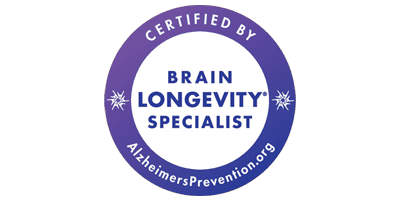


Ernesto J. Fernandez
DOM, AP, LMHC
Is an Acupuncture Physician and a Licensed Mental Health Counselor. He is also a professional speaker and a health care consultant. He specializes in alternative medicine and BodyMind therapies for trauma, stress, chronic pain, immune disorders and fatigue since 1988. Dr. Fernandez is a 1992 graduate of the Rehabilitation Counseling Program from the University of South Florida and a 2000 graduate from the Acupuncture Physician Program from the Academy of Chinese Healing Arts.

